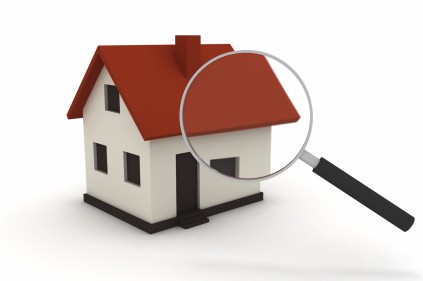Things you can check yourself
Some simple checks you can do yourself include testing the electrical system, plumbing, mains water, hot water boiler and central heating. It is important to not take someone’s word that these are functional, but check them for yourself. If the property doesn’t have electricity or mains water, check the nearest connection point and the cost of extending the service to the property, as it can be very expensive in remote rural areas.
Checking an old property
An old property may show visible signs of damage and decay. Common problems include rusting water pipes and leaky plumbing, inadequate sewage disposal, poor wiring, humidity and rising damp, uneven flooring and cracked internal and external walls. If you find or suspect problems, you should have a property checked by a builder or have a full structural survey carried out by a surveyor. It is also wise to have a property checked for termites and other infestations.
Structural survey
A structural survey is usually necessary only if the building is old or suspected of being unsound. However, if you are buying a detached property or a village house, it is also advisable to have a survey done.
You could ask the vendor to have a survey done at his expense, but this is not usual and a vendor may refuse or insist that you carry out a survey at your expense. If you will insist that it’s the vendor’s responsibility, you may find you encounter a negative attitude.
It is important to always discuss with the surveyor exactly what will be included and most importantly, what will be excluded. A survey can be limited to a few items or even a single system only, such as the wiring or plumbing. You should receive a written report on the condition of the property, including anything that could become a problem in the future.



Comments to "Home inspection"